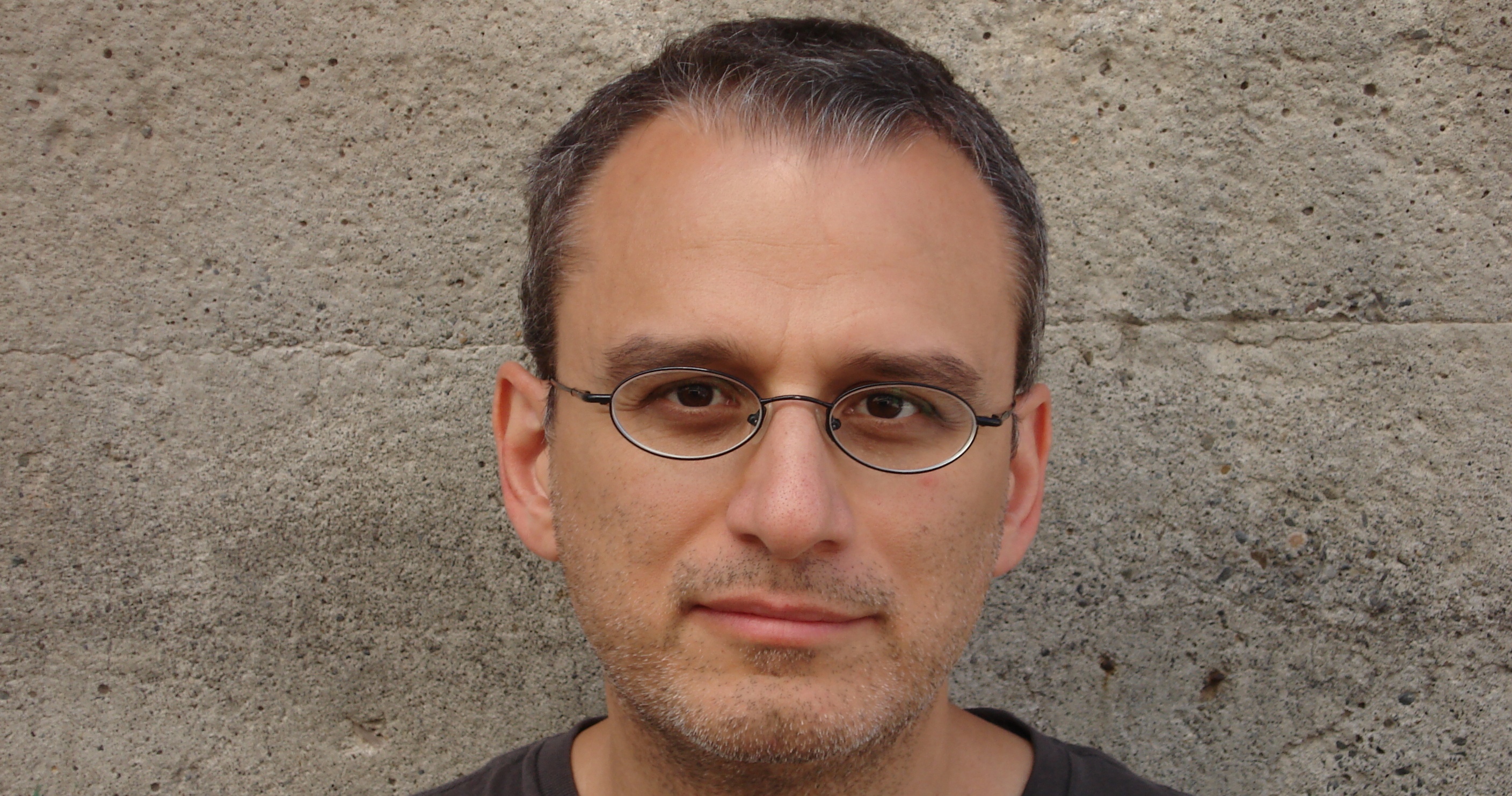By Billie Nagy
As I was reading through some professional articles a little while ago, trying to figure out what might make an interesting story, I stumbled upon this article from Huffpost Education entitled “The Three Most Important Questions You Can Ask Your Teenager.” The title seemed gripping enough, so I happily decided to read it.
In case you are unable to read the original article, I thought that everything it was talking about is so true and relevant to our culture today that I felt compelled to summarize it for you. It’s evident that our generation is perhaps one of the most open, connected, and welcoming-to-change generations that have come into being. Thanks to technology, we seem to embrace diversity like no other generation has before.
We always hear great stories in the news about how so-and-so kid is changing his community to become more eco-friendly or how this young entrepreneurial girl has her own start-up company. Yet, beneath the surface glory, it’s almost as if we have this newly appearing anxiety and insecurity that no other generation had before.
![Millennials “are stressed-out, over-pressured, [and they exhibit] toxic levels of fear, anxiety, depression...” —Former Yale Professor William Deresiewicz](http://www.deequitibus.com/wp-content/uploads/2015/04/Deresiewicz-300x225.jpg)
depression…”
—Former Yale Professor William Deresiewicz
Many people, especially college deans from some of the most elite schools, are starting to talk more and more about this ongoing problem. Even Stanford University is “Increasingly seeing students struggling with mental health concerns ranging from self-esteem issues and developmental disorders to depression, anxiety, eating disorders, self-mutilation behavior, schizophrenia, and suicidal behavior.”
So why exactly is all of this happening? Well, from the base of the argument, it’s pretty simple. We are, as a majority, taught that in order to be successful and financially secure, we must make sure to get into an elite school and study something that perhaps we are good at or perhaps not, or like or dislike, but “oh well, because that’s where the (fill in the blank ) is.” Instead of actually searching for what turns us on and what we love, or what we have a genuine curiosity about, we are taught to believe that everything we do is “for the purpose of looking good in the eyes of admissions officers and employers. You earn good grades not because they mean you are learning something, but rather because they will help you stand out from your peers when applying to the Ivies.”
This can practically be applied to everything we do in this short period of our lives that is High School. As a result, we see more and more promising college students succumbing to pressure when they are not given a direction in which to follow, or do not realize that their “hard work and learning are positive outcomes in and of themselves.”
Once we begin seeking an end goal for the goal and nothing else, the means in which we achieve that goal will be unenjoyable, as well as learning itself. Now it’s time to figure out how to get back on track to what really matters and what we should really be asking ourselves. Instead of asking “What…,” we should be asking ourselves the “Who, Where, and How.” So, the three most important questions we can ask ourselves are:
Who tells us who we are?
Where do we want to go with our lives?
How do we want to get there?
Once we have figured out these (or at least thought about them), we’re well on our way to truly understanding who we are and what we want to achieve. As the article ends, “Real success comes when you can look at your life and say, “I have done my best to make a positive difference in the lives of others and the world we live in.”
